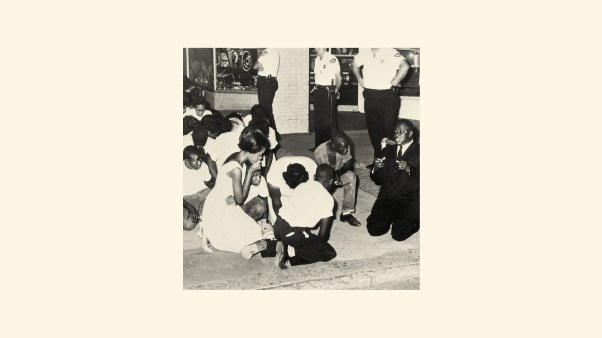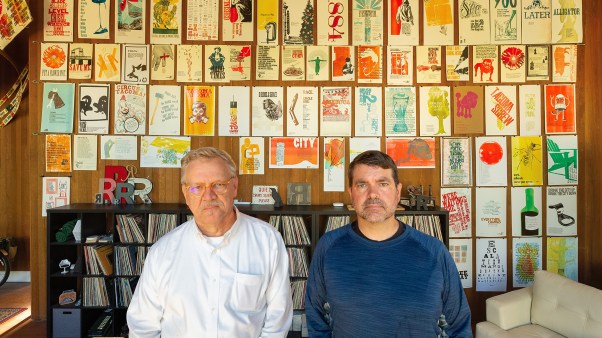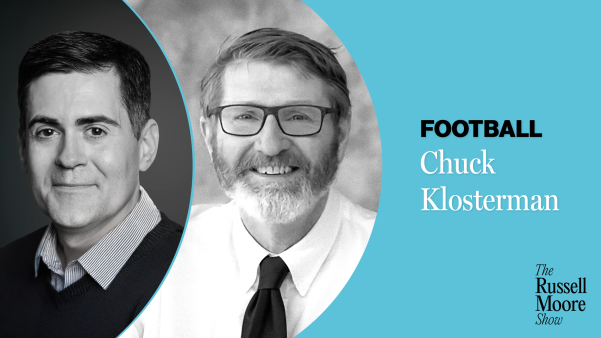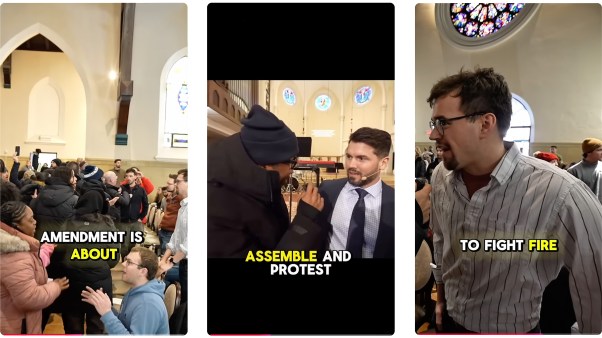Someone said the prospect of standing before a firing squad marvelously focuses one’s mind. Other things can have the same effect—like the telephone call from a friend last March in which he told me, “Perhaps the Lord is leading us to fast for forty days.”
Us? I hate to fast. I’d tried fasting, and instead of insights I got irritable.
When Bill Bright reported on his forty-day fast, I held him in awe—the same detached awe I have for someone who can run a mile in under four minutes. It’s amazing he can do it, but it would be futile for me even to try.
So my friend’s call got my attention. As I prayed, the unwelcome conviction grew that a forty-day fast was precisely what God was asking of us. So we covenanted with thirty or forty people to fast for the forty days leading up to Pentecost.
The purpose would be to fast and pray for the two things Jonathan Edwards urged the churches of eighteenth-century New England to pray for: the spiritual awakening of the church in our town and beyond, and the spread of the kingdom of God worldwide. The mode of the fast would vary from person to person. Some would take only juices. My wife and I would do a “Daniel” fast and eat only fruits, vegetables, and grains—no meats, fats, or sugar. From time to time during the fast, as the Lord led, we too would have a day of juice only. Whenever possible, we who had covenanted to fast would meet for an hour of prayer on Friday mornings.
The fast is now over. What our prayer and fasting meant for the kingdom of God remains to be seen, but my mind has been marvelously focused.
The first focus is on what a slave I can be to food. Am I sad? I eat. Am I happy? Eat. Tired? Eat. Angry, depressed, bored? Eat, eat, eat. Do we have a social occasion? We must eat. My life can parody 1 Thessalonians 5:16-18: “Be eating always, eat continually, and eat in all circumstances.”
I was surprised, then exhilarated at how free I was during the fast. What began as a command quickly became a permission. The permission? To not have to live on the level of my appetites. “Do not work for food that spoils,” said Jesus, “but for food that endures to eternal life, which the Son of Man will give you” (John 6:27). As the fast came to an end, I actually became a little afraid to go back to eating normally, fearful I might lose the freedom I had gained. (So far, so good.)
I’d tried fasting, and instead of insights I got irritable.
Second, my mind was marvelously focused on the fact that gluttony is about more than mere volume of food. It can express itself also as an inordinate interest in the experience of food, making taste buds promiscuous and stomachs ravenous for novelty and variety. I eat out often, and some menus describe the exotic, even spiritual experiences I will have if I order this item or that. I’ve seen chocolate desserts described as “Pure Sin.”
The fast focused my mind on the simple goodness of God’s creation. At first the foods I restricted myself to made the prospect of a meal boring. Beans again? Another salad? But I rediscovered how good a mere carrot can be. Or a bare slice of bread, or a crisp apple. With simplicity comes gratitude and joy.
Which leads to the third and most marvelous focus the fast brought to my mind: that food is ultimately not about food, but about God. The meaning of hunger—indeed, of all desire—is to point us to God. We shouldn’t be too quick to make hunger go away, for it can teach us much about our frailty, need, and emptiness apart from God.
A full stomach can be cause for deep gratitude, or as it has so often been for me, cause for spiritual dullness and torpor. A little hunger never hurt anyone, but its absence will.
Ben Patterson is dean of the chapel at Hope College in Holland, Michigan.
1997 by the author or Christianity Today/Leadership Journal. For reprint information call 630-260-6200 or contact us.









